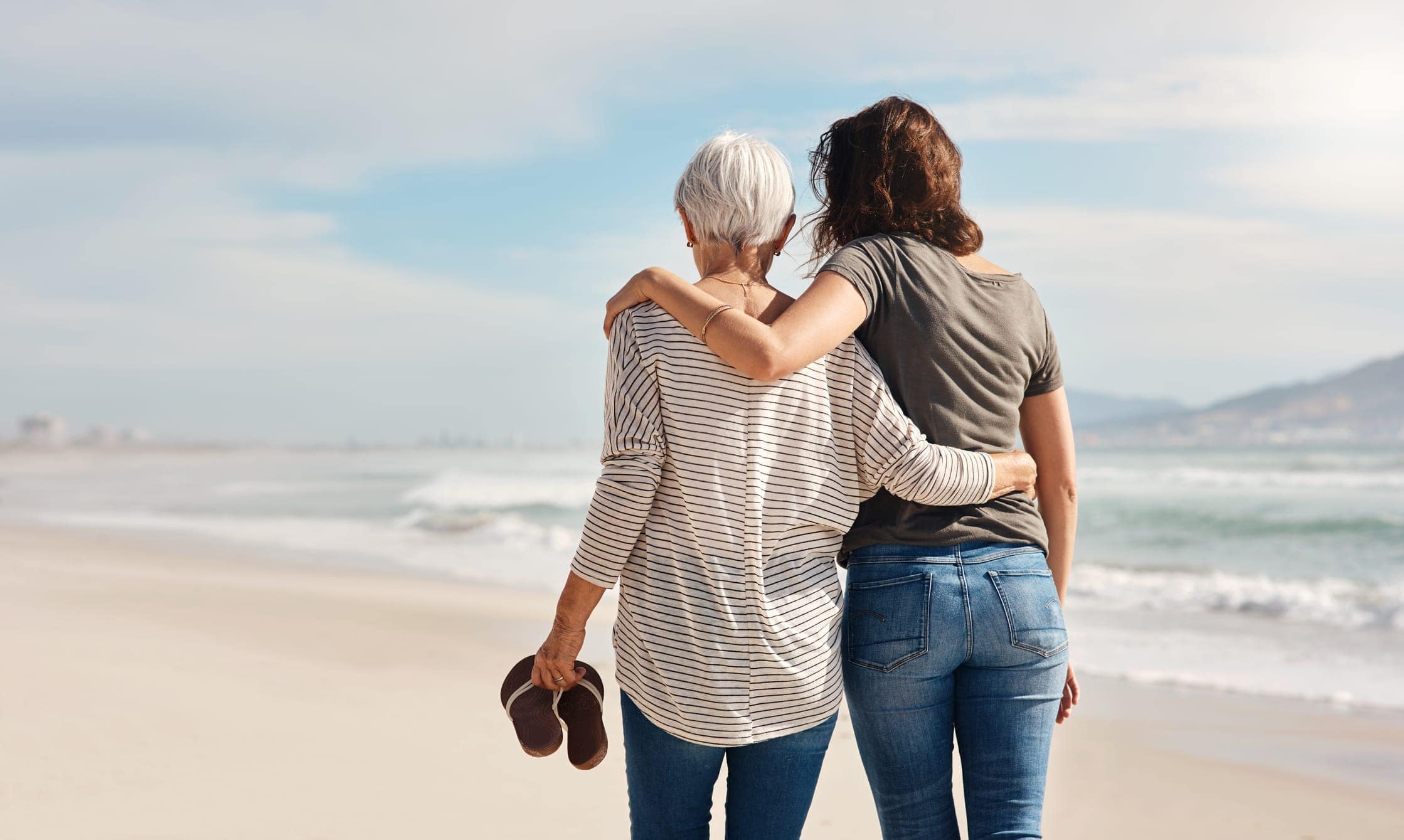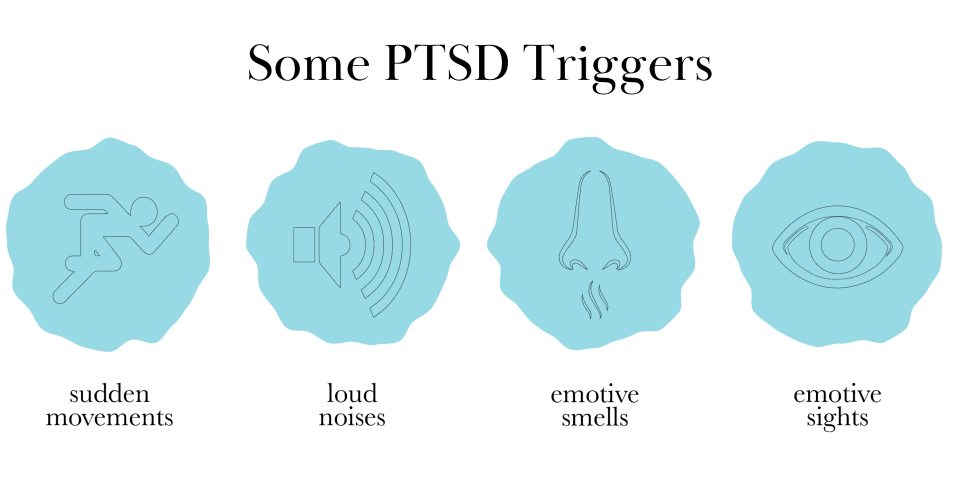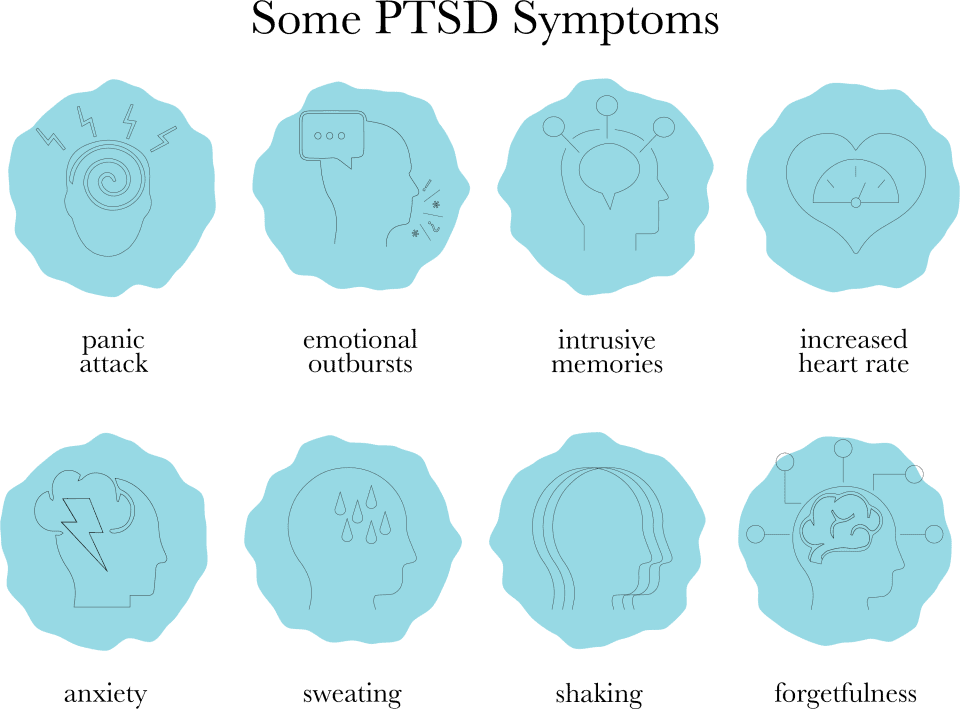How To Help Someone With PTSD
Contact us
This article includes tips and five helpful strategies to support a loved one who is bravely navigating their way through the intense symptoms and healing process of post traumatic stress disorder (PTSD) recovery. By understanding and implementing these approaches, you can provide meaningful assistance and comfort to someone facing symptoms of PTSD.
Learning how to support someone with PTSD is a journey of its own that can involve a steep learning curve and some personal growth. PTSD can sometimes manifest as complex PTSD, which requires a nuanced approach to an individual who has experience prolonged or repeated traumatic experiences.
It’s important to remember that PTSD is a mental health condition that can be managed with proper support and treatment. Recovery from PTSD is possible, and people can go on to live meaningful and purposeful lives.
What To Do When You Love Someone With PTSD
(Post Traumatic Stress Disorder)
Supporting someone with PTSD requires patience, empathy, and a deep understanding of the experience of that person is going through.
The first step in helping someone with PTSD is educating yourself about the disorder. Understanding symptoms, such as trouble sleeping and sleep loss, flashbacks, avoidance behaviours, and heightened anxiety can be triggered by reminders of past trauma. It is extremely beneficial to understand that it is a constant state and can help you recognise what your loved one is going through.
Poor sleep quality (the inability to sleep soundly), including REM sleep disturbance and impaired sleep, can significantly affect the development and persistence of PTSD symptoms. Recognising these sleep-related issues will help you understand the full impact of post traumatic stress disorder.
Providing a safe and non-judgmental space for them to express their feelings is really important. Listening without offering immediate solutions or dismissing their experiences can help an individual with PTSD feel validated and understood.
Another essential aspect of supporting someone with PTSD is encouraging them to seek professional help. Therapists who specialise in trauma can offer effective treatment options. Seeking PTSD treatment is essential, and options such as professional counselling, online therapy.
While supporting their journey towards recovery, it’s also important to encourage healthy lifestyle habits. Regular physical activity, a balanced diet, and adequate sleep (without the use of sleep medication) can significantly impact their overall well-being.
What Does a PTSD Episode Look Like?
A PTSD episode, a manifestation of post-traumatic stress disorder, can vary greatly from person to person, but it often includes intense and distressing symptoms such as “flashbacks”, where the individual feels as though they are reliving the traumatic experience. Flashbacks can be triggered by certain loud noises, smells, sudden movements, or sights that remind them of the traumatic events.
During an episode, a person might also experience severe anxiety, panic attacks, memory problems, or uncontrollable emotional outbursts. Physical symptoms like sweating, shaking, or an increased heart rate are also common as their nervous system responds to the perceived threat.
5 Tips To Help Someone with PTSD
Supporting a loved one with PTSD can be challenging, but understanding how to provide effective help is essential. Here are five practical tips to assist someone coping with this condition, offering them the compassion and support they need.
1. Educate Yourself About PTSD
Understanding PTSD is the first step in providing support. Learn about the symptoms, triggers, and treatment options.
“Refrain from saying “That’s in the past” or “You just need to move on””
Well-meaning family say things that are often problematic in their desperation to help their loved one. They may inadvertently dismiss how desperately the person is usually trying to move on, and how challenging that can feel for them. A threatening past is viscerally alive in the body and mind of PTSD sufferers, in ways that others can scarcely imagine.
In PTSD, the line is blurred between past and present, then and now, and the person affected has little to no control until traumatic memories are properly integrated. You can support them attempting to deeply appreciate and understand how they are impacted. Additionally, it is important to recognise that some individuals may turn to substance abuse as a coping mechanism, which can worsen sleep problems and aggravate PTSD symptoms
2. Be Patient and Listen
Patience and active listening are really important. Allow your loved one to express their feelings without judgment. Avoid pushing them to talk if they are not ready.
“Accept that the person will never be “like they used to be””
One of the anguished mothers/fathers/spouses often say is “I just want the old (name) back”. But the pressure from loved ones to return to a former state of being, despite having endured shattering, life-altering experiences, is often too much to bear.
The life before PTSD is gone and the person has been inexplicably altered. Both are prone to being romanticised, longed for and held up as the gold standard of what recovery would look like, but people buckle under pressure to return to a state of being that has been lost. Hope lies in accepting that recovery doesn’t look like what went before. Recovery involves both the affected person and those that love them, grieving the loss of what was and accepting what is.
3. Encourage Professional Help
Encourage your loved one to seek professional help. Therapy and counselling can be highly effective in managing PTSD symptoms. Support them in finding a therapist they feel comfortable with. Types of therapy vary, for example individual therapy, support groups, couples therapy are all valid modalities to add to a support system.
“See the wisdom in the person’s behaviour”
Many behaviours that trauma survivors (such as war veterans) engage in can look ‘crazy’ to those around them, but recovery rests in being able to see the wisdom in them. Behaviour that may seem non-sensical to family members may be performing an important function for the affected person, holding them together or even keeping them alive until a more ideal coping strategy can be found. PTSD has an artful way of calling its host’s attention back to the exact places that require healing. Families can be helpful when they refrain from dismissing the person’s survival-oriented behaviour as crazy.
4. Create a Safe Environment
Help create a safe and supportive environment. This can involve reducing stressors at home and being mindful of potential triggers.
“Look at the ways living in Fight/Flight/Freeze already existed in the family”
When adult children enter the military or emergency services and leave with PTSD, it can seem obvious to blame the service they served with. But whilst both the military and emergency services are culpable, it is also true that people have pre-existing vulnerabilities. When people come to their service from families where the amount of stress faced over the generations exceeded the family’s coping resources, family life is impacted by the stress response. When states of fight/flight/freeze govern family life, functioning is prone to becoming rigid, less responsive and more reactive. There is heightened sensitivity to threat, and less resources and flexibility to deal with it. When family members are able to see the ways they might habitually be frozen or numb, or in an elevated fight or flight response, it can be a very powerful message to the PTSD sufferer that the problem didn’t start with them. And when someone close to the affected person works on settling their fight/flight/freeze responses, it can be hugely stabilising and grounding for all.
5. Promote Healthy Habits
Help your loved one maintain healthy habits, including proper sleep hygiene. Emphasise addressing sleep issues without relying on substance use to fall asleep, as this can lead to substance abuse and further complicate PTSD symptoms. Encourage regular exercise, a balanced diet, and relaxation techniques.
“Ditch the advice – approach with humility, curiosity and an open mind”
All too often family and friends approach PTSD sufferers with unsolicited advice. Giving advice is how many of us try to show we care, but it is often driven by anxiety and designed to relieve the anxiety of the advice-giver, while shifting anxiety in the direction of the person receiving it. Especially in the case of veterans and first responders, assume that there is no way you can possibly comprehend what they’re going through. Work on cultivating humility, understanding you don’t have the answers for their life and struggle. This is a real challenge for most people, because there is significant tension in resisting the urge to have all the answers. However, it’s precisely in that place of willingness to sit in our own humility, curiosity, and openness, that we become truly helpful.
Look After Your Own Mental Health Too
Looking after your own mental health is crucial when supporting someone with PTSD. It’s easy to become consumed by their needs, but neglecting your well-being can lead to burnout and reduce your ability to help effectively. Make time for activities that relax and rejuvenate you, whether it’s a hobby, exercise, or spending time with friends.
Seek support from trusted individuals or professionals to share your experiences and feelings. By maintaining your mental health, you can remain a strong, compassionate presence for your loved one while ensuring your own resilience and well-being.
How Do We Help People With PTSD at Byron Private?
At Byron Private, we provide a holistic and personalised approach to treating PTSD, recognising that each individual’s experience and needs are unique. Our comprehensive treatment programs integrate evidence-based therapies such as Cognitive Behavioural Therapy (CBT) and mindfulness-based stress reduction.
These therapeutic methods are complemented by a supportive and nurturing environment, ensuring that our clients feel safe and understood throughout their healing journey. Our experienced and compassionate team of medical staff, psychologists, and support staff work collaboratively to develop tailored treatment plans that address the specific symptoms and challenges faced by each person.
In addition to traditional therapies, we offer a range of complementary treatments designed to promote overall well-being, including yoga, art therapy, and equine-assisted therapy. These activities help our clients reconnect with their bodies, express their emotions creatively, and build trust and confidence.
By fostering a community of support and understanding, we empower individuals to reclaim their lives from the grips of PTSD.
If you, a family member, or someone you love is struggling with PTSD, we invite you to reach out to Byron Private.
Contact us today to learn more about our programs and take the first step towards recovery and renewed hope.
We can also help with applications for the Department of Veterans Affairs.


